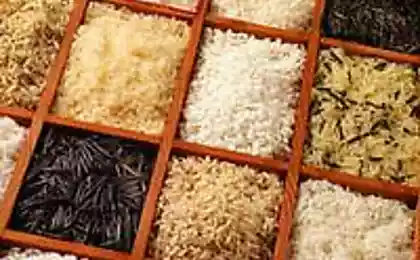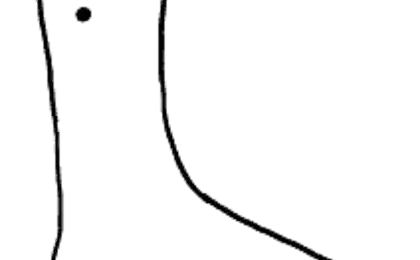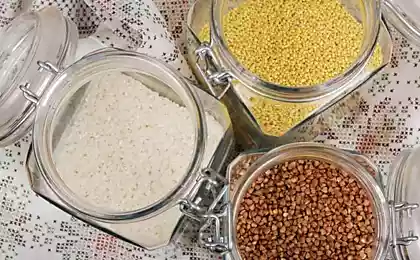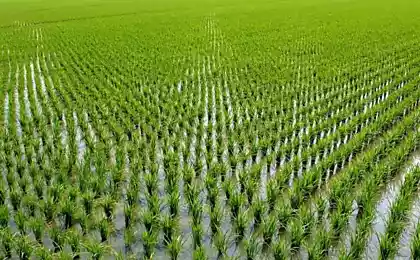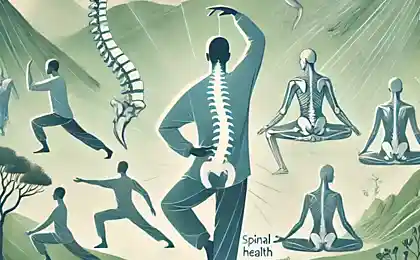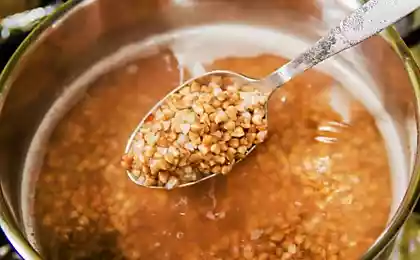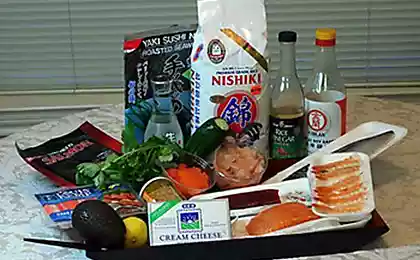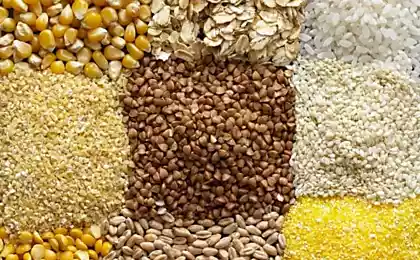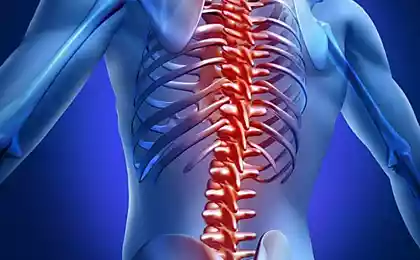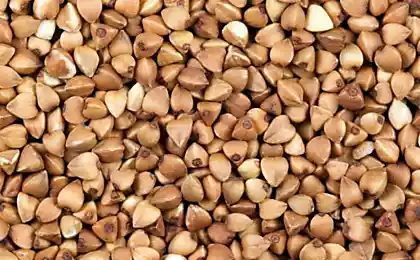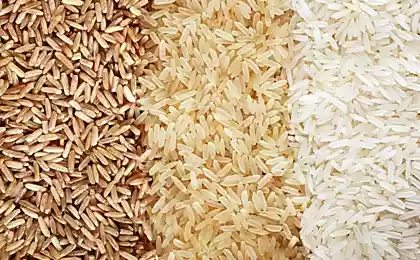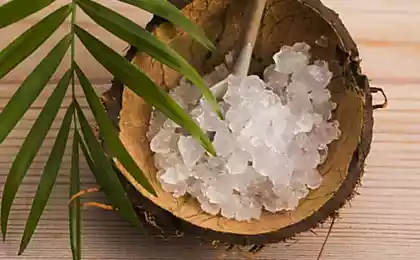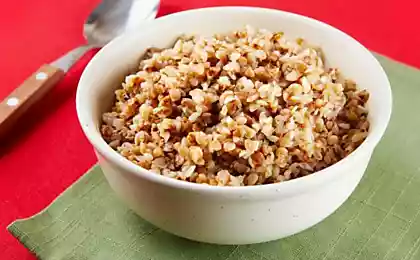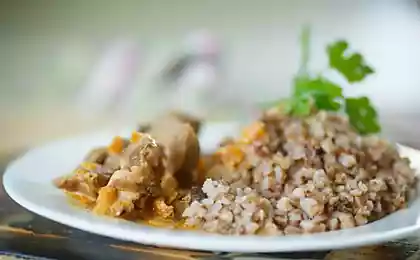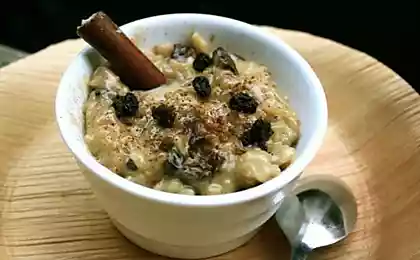220
What cereals should be washed before cooking, and which can be immediately safely sent to the pan
It would seem that it can be difficult to cook cereals? Poured with water, put on fire, boiled - that's business! However, even in the process of cooking ordinary porridge there are certain subtleties. In this article, we're going to say, cerealWhether it is necessary to do this with certain types of cereals.
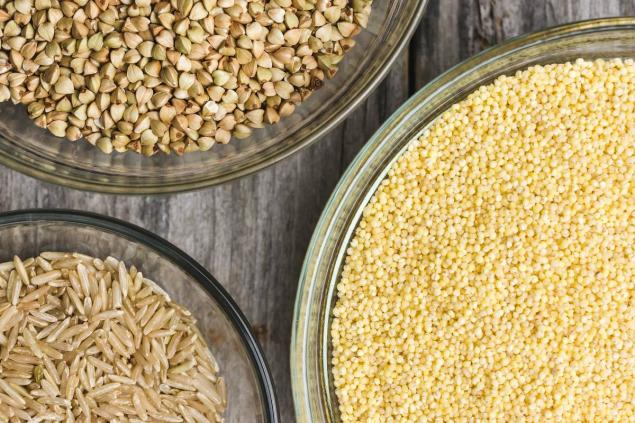
Not everyone agrees on whether to wash the cereal before cooking. In fact, it all depends on the type of cereal. Some types of cereals need to be washed while others not necessarily or even desirable to wash.
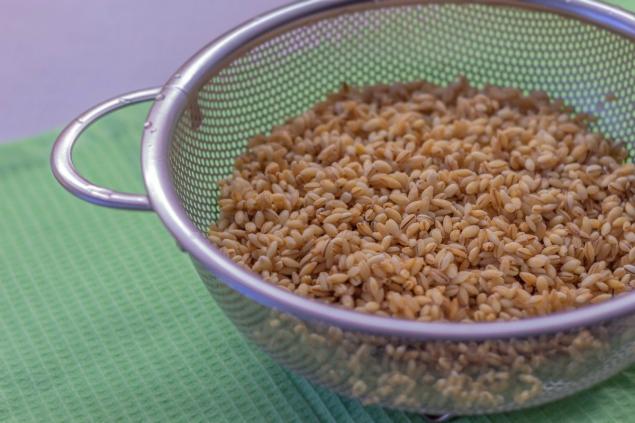
Many cooks still do not trust purchased cereals and not only wash cereals, but also pre-chore it to remove garbage. Often in cereals come across spoiled grains, husks, and even small pebbles.
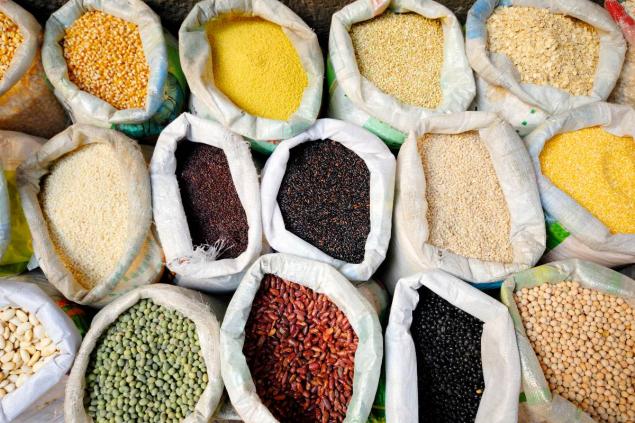
Before cooking rice, buckwheat, millet and barley Grains need to be washed. The same goes for legumes such as peas, lentils, chickpeas. In fact, rice, barley and millet It should be washed until the water is clear.
Washing the listed cereals is necessary not only to remove garbage. This procedure will also help to rid the grain of excessive powderiness. In addition, they will not form foam when cooking and stick together. By the way, peas, lentils, chickpeas, beans and barley. It is better to soak before cooking.
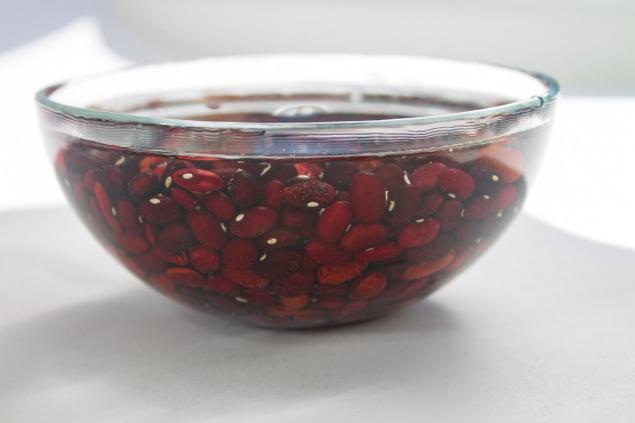
In what water to wash cereals As for rice and milletThese types of cereals should be washed in cold water. Here we go. buckwheat, barley and wheat cereal It's the opposite. Washing in warm water will help get rid of mild bitterness in the finished dish.

Some types of cereals simply do not make sense to wash. For example, semolina They immediately begin to absorb moisture.
There is also no need to wash. bulgur, because this cereal is pre-processed and a portion of boiling water is enough for its preparation.
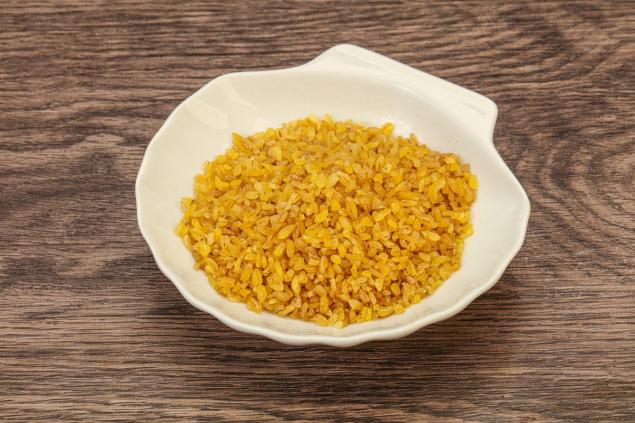
Couscous (wheat product with grains up to 1 mm) also does not need to be washed or soaked. But it will not be superfluous to go through the cereal to remove impurities.
There is no provision for washing and for such croups as corny. They can simply be cleaned of debris with a sieve.
We also recommend reading the article on how to properly store cereals and what to do if they have bugs.

Not everyone agrees on whether to wash the cereal before cooking. In fact, it all depends on the type of cereal. Some types of cereals need to be washed while others not necessarily or even desirable to wash.

Many cooks still do not trust purchased cereals and not only wash cereals, but also pre-chore it to remove garbage. Often in cereals come across spoiled grains, husks, and even small pebbles.

Before cooking rice, buckwheat, millet and barley Grains need to be washed. The same goes for legumes such as peas, lentils, chickpeas. In fact, rice, barley and millet It should be washed until the water is clear.
Washing the listed cereals is necessary not only to remove garbage. This procedure will also help to rid the grain of excessive powderiness. In addition, they will not form foam when cooking and stick together. By the way, peas, lentils, chickpeas, beans and barley. It is better to soak before cooking.

In what water to wash cereals As for rice and milletThese types of cereals should be washed in cold water. Here we go. buckwheat, barley and wheat cereal It's the opposite. Washing in warm water will help get rid of mild bitterness in the finished dish.

Some types of cereals simply do not make sense to wash. For example, semolina They immediately begin to absorb moisture.
There is also no need to wash. bulgur, because this cereal is pre-processed and a portion of boiling water is enough for its preparation.

Couscous (wheat product with grains up to 1 mm) also does not need to be washed or soaked. But it will not be superfluous to go through the cereal to remove impurities.
There is no provision for washing and for such croups as corny. They can simply be cleaned of debris with a sieve.
We also recommend reading the article on how to properly store cereals and what to do if they have bugs.
I always thought that my hamster cheeks should not wear hats, but it turned out that I just did not know how to choose them.
A school example with a clutter with which adults have difficulty
